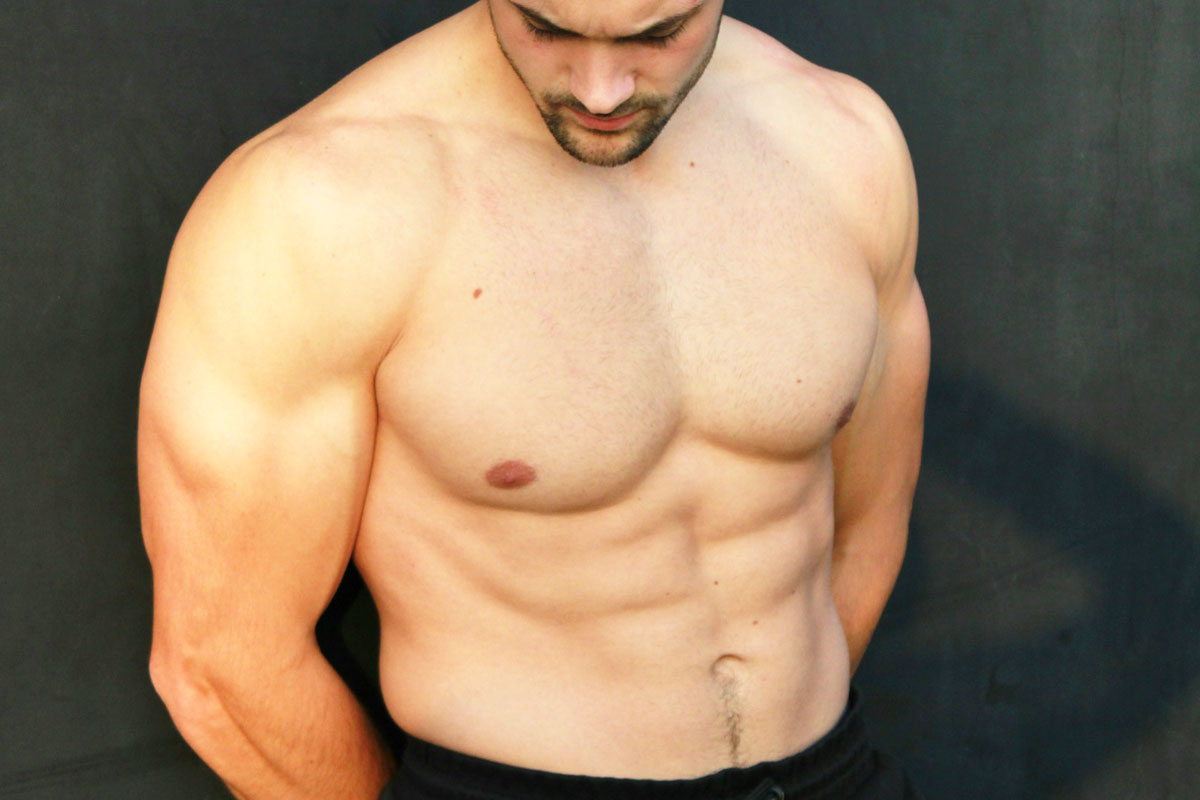The Overlooked Factor in Muscle Building
Building muscle is usually framed around lifting heavy, eating high-protein meals, and sleeping like a sedated grizzly bear. But there's a missing piece of the hypertrophy puzzle that’s been quietly fermenting in the background—your gut microbiome. These trillions of microbes influence nutrient absorption, immune response, and even the production of key growth-related hormones. If your gut is off, your gains might be too.
Protein Isn’t What You Eat—It’s What You Absorb
The stomach kicks off digestion, but the small intestine, assisted by microbial friends, is where the protein party really happens. Amino acids are absorbed into the bloodstream here—but only if the gut lining is intact and the microbial environment supportive. A disrupted microbiome from poor diet, stress, or antibiotics can impair protein absorption and reduce the muscle-building impact of your carefully timed shake.
Gut Permeability and Inflammation: The Hidden Saboteurs
Leaky gut, or increased intestinal permeability, lets bacterial endotoxins sneak into circulation, leading to systemic inflammation. This inflammation isn’t just unpleasant—it directly impairs anabolic pathways like mTOR and IGF-1 and promotes cortisol production. Studies have confirmed that athletes with elevated inflammation markers recover more slowly and gain less lean mass over time.*
Microbial Support for Amino Acids
Certain bacteria in your gut can synthesize or recycle amino acids—yes, your microbes might be contributing to your leucine pool. Species such as *Bacteroides thetaiotaomicron* and *Clostridium sporogenes* are linked to better amino acid availability and improved nitrogen balance. The key: diversity. A diverse microbiome can better support metabolic processes critical to muscle hypertrophy.
The Gut-Muscle Axis: It's Not Just a Buzzword
There’s a growing body of research around the "gut-muscle axis"—the two-way relationship between gut microbiota and muscle tissue. Exercise increases microbial diversity, while healthy gut flora enhances insulin sensitivity, reduces oxidative stress, and improves nutrient partitioning. In a randomized controlled trial, athletes with a fiber-rich, microbiota-supporting diet experienced greater strength gains over 12 weeks compared to a control group on an isocaloric but less diverse diet.*
Warning Signs Your Gut Is Undermining Progress
Frequent bloating, inconsistent stools, increased soreness, unexplained fatigue, or stagnation in strength despite adequate training and nutrition could point to digestive inefficiencies. Many fitness enthusiasts misattribute these signs to overtraining or poor sleep, when in reality, their gut is waving a red flag.
How to Optimize Your Gut for Muscle Growth
Support your microbiome with fiber-rich plant foods, fermented items like kefir or kimchi, and a consistent eating schedule. Reduce alcohol, excess NSAID use, and ultra-processed protein snacks that may harm gut lining. Studies also suggest that rotating protein sources—whey, casein, soy, pea—can diversify microbial activity and enhance amino acid uptake.*
Your Six-Pack Starts in Your Gut
You can deadlift 400 pounds, blend gourmet shakes, and track macros to the decimal—but if your gut isn’t absorbing nutrients properly, your progress is capped. Treating your microbiome as part of your training program might just be the smartest muscle move you make this year.













